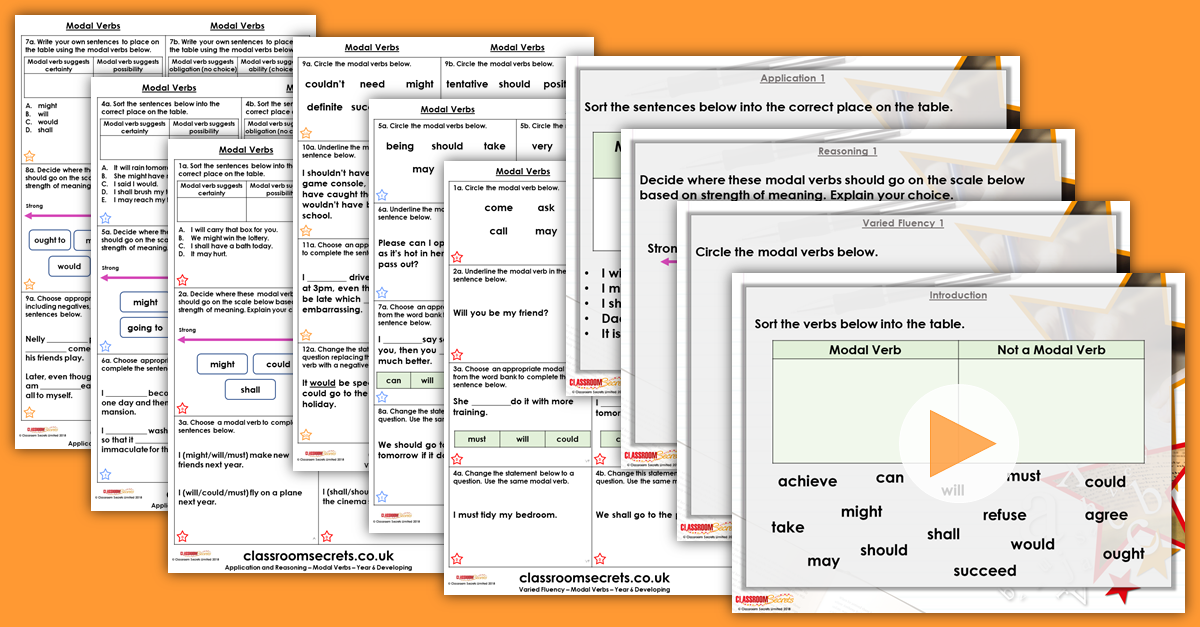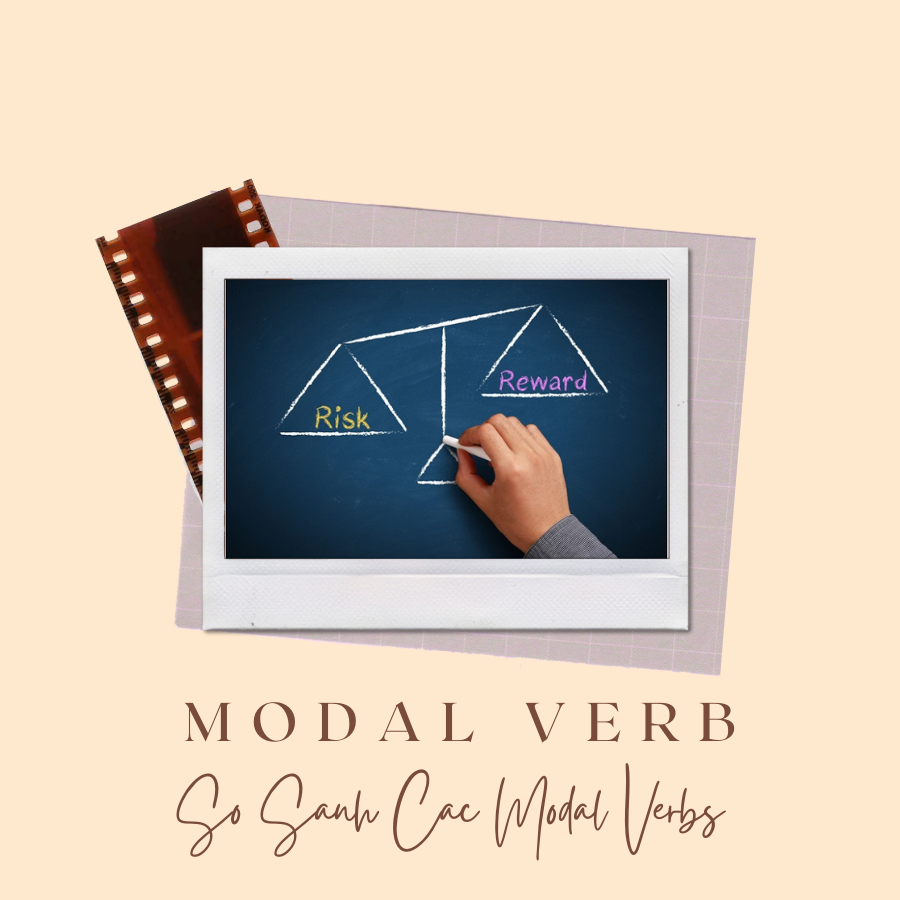

“ Shall we start class a little late tomorrow?” “You could try using some online resources too.” What are modal verbs and how are they used In this lesson plan, students will learn about modal verbs and participate in a writing activity that emphasizes the use of modal verbs. “ Would you mind if I opened the window?” “ May I borrow your calculator for ten minutes? “ Can I please leave class early as I have a doctor’s appointment?” “You may leave class early if you really need to.” “ Would you like any assistance, or are you OK?” “Jack, might you be able to answer that question?”

“ Might you be interested in submitting your assignment early?”

He go to the dentist when he has toothache. You be tired because you have worked very hard. “You should really take a day off to relax.” You not vacuum the carpets because Carol has already done it. “Tell her that she ought to message me next time.” “You had better inform administration about your sickness.” “He may find himself at the top of the class.”Īdvising ( had better / ought to / should) “She should inform administration about her absence.” Complete the sentences using the words listed in the box below, then click the 'Check' button to check your answers. “You shall inform your group members about your cheating.” Exercise on the modal verbs must and have to. Below is a list showing the most useful modals and their most common meanings: Modal. They are used with other verbs to express ability, obligation, possibility, and so on. “Jack ought to tell someone if he’s going to be absent.” The modal verbs include can, must, may, might, will, would, should. We also use modals to do things like talking about ability, asking permission making requests and offers and so on. “You have to be at the exam hall by 9am.” Modal Verbs Exercises Modal verbs are used to show if we believe something is certain, probable or possible (or not). Obligation ( have to / must / need / ought to / shall / should) “She must speak with me about her plagiarism.” “You have to be more punctual if you wish to pass.” “They will do things they shouldn’t be doing.” “That will probably be Sarah’s course book.” “She should have finished the exam by now.” “Jack must be running a little late for class.” “I am able to pass the exam provided I study.”ĭeduction ( must / ought to / should / will) Please note that sometimes in the below examples it is the sentence function itself, such as whether a declarative statement or interrogative question is used, that may determine the appropriate modal verb. Twelve functions across attitudinal and communicative categories have been isolated, with example sentences for each possible modal verb being provided to help guide students when using modality in their own speech or writing. Following the last three chapters on this topic which have covered the concepts, importance and forms of modal verbs within an academic context, this final chapter now provides detail about the many functions of these special auxiliary verbs.


 0 kommentar(er)
0 kommentar(er)
